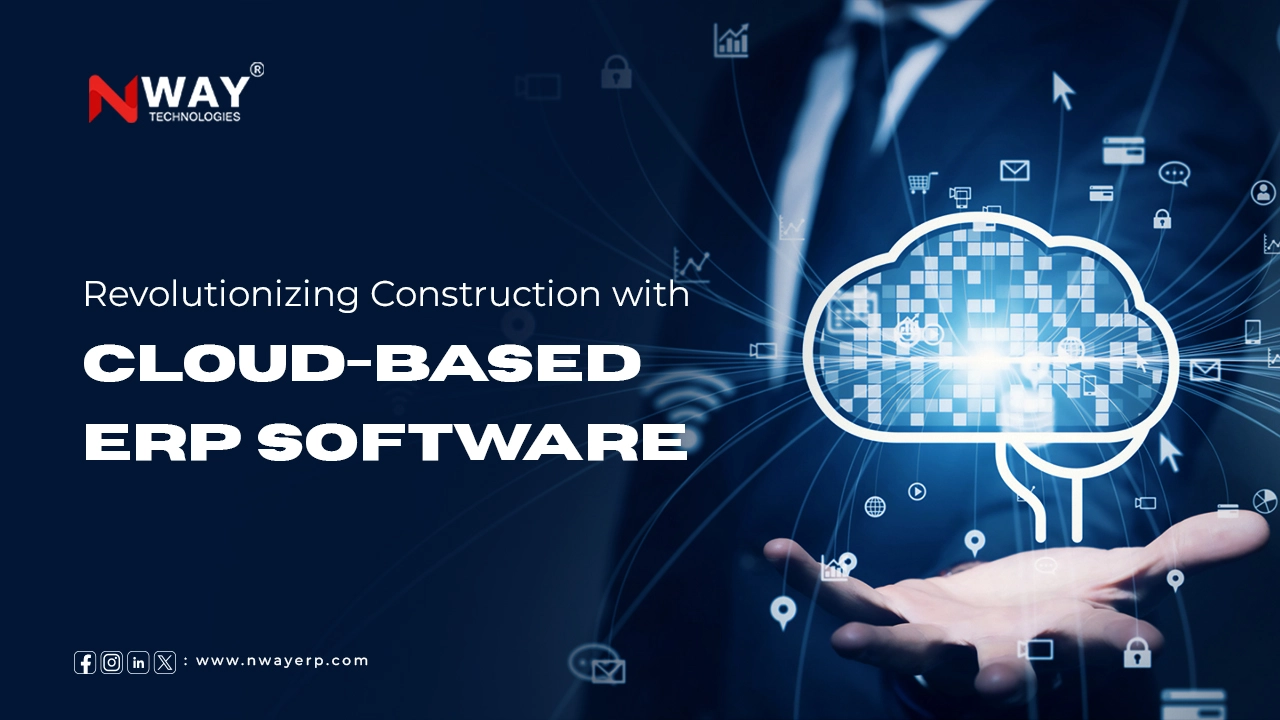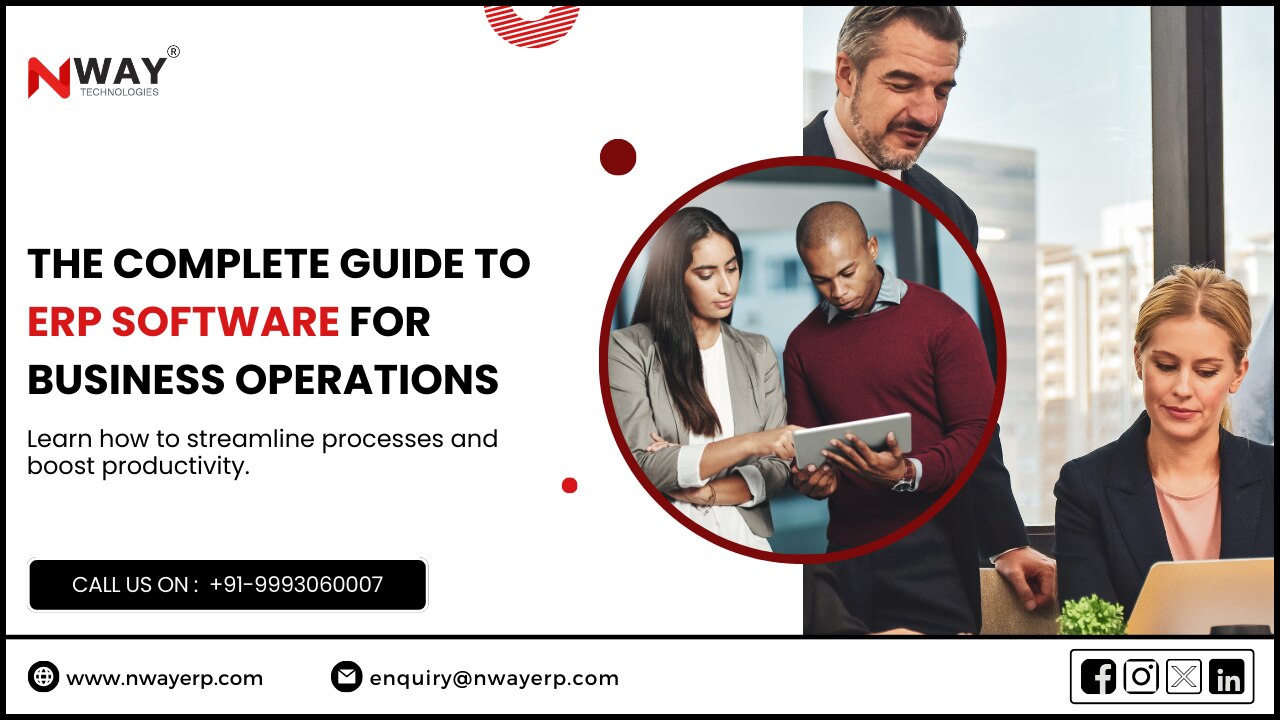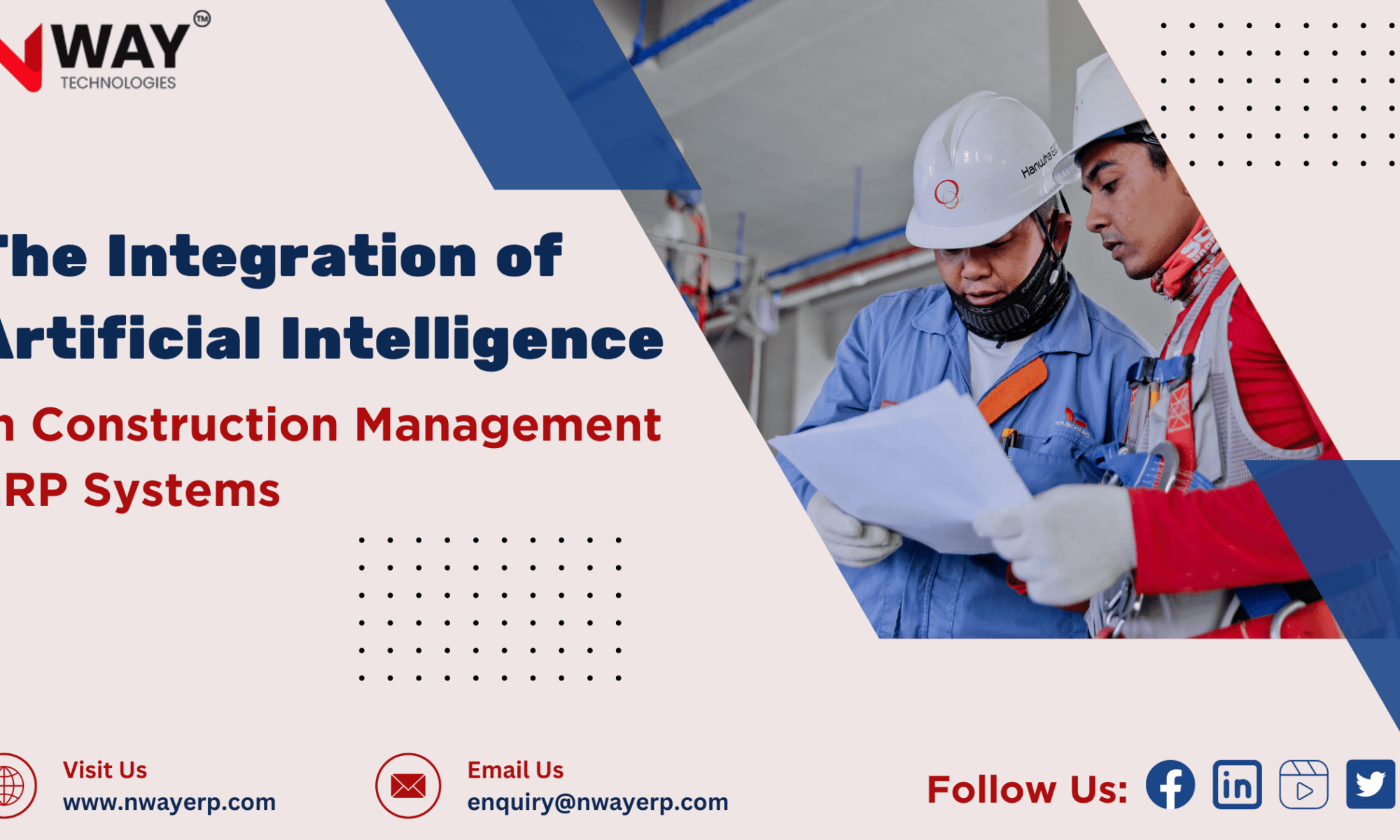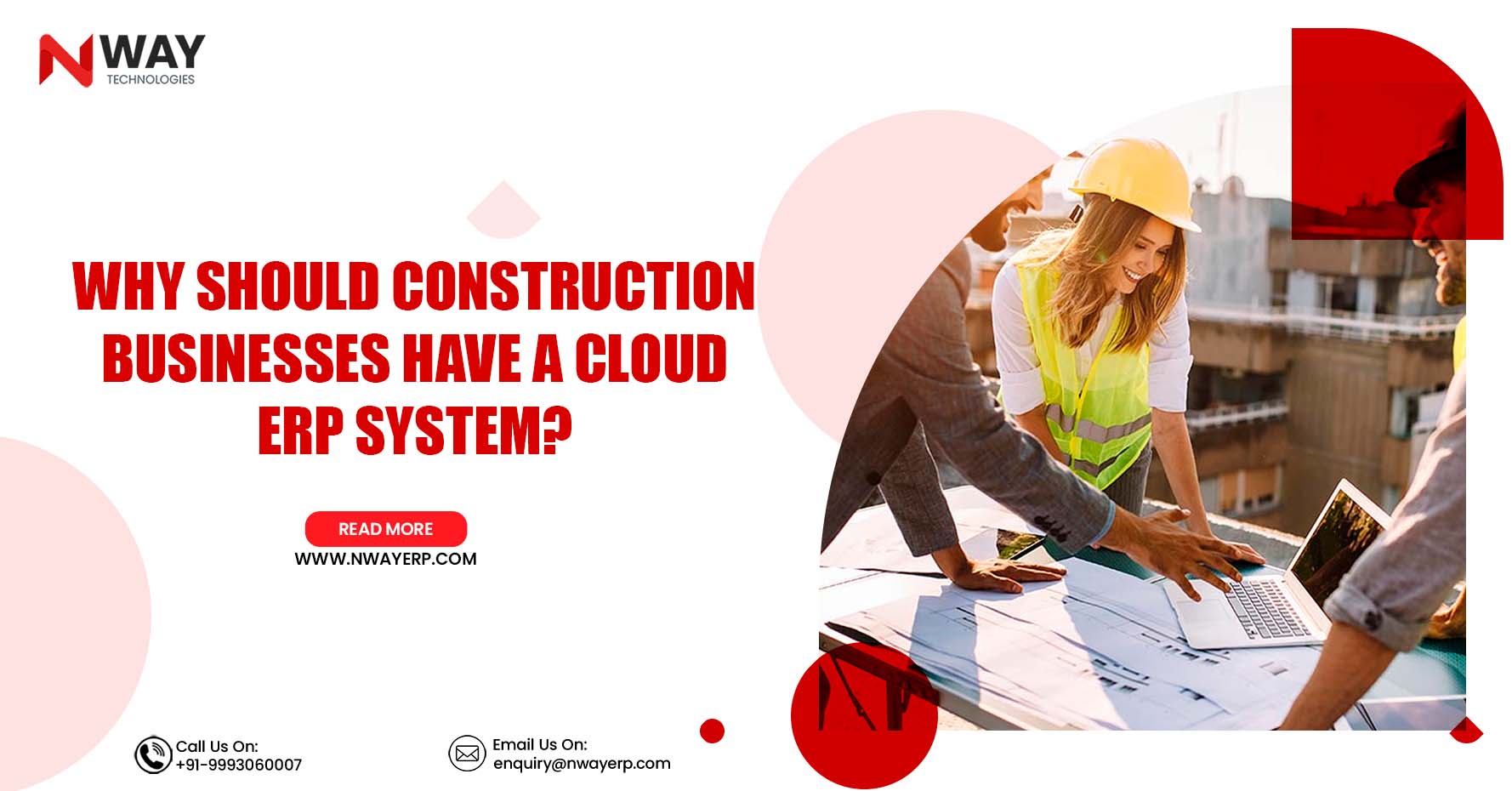With the constantly evolving structure industry technology plays an integral influence on how companies conduct business and are able to compete. In the midst of technological advances cloud-based Enterprise Resource Planning (ERP) solutions have become the game changer. They’re not only improving but are revolutionizing the construction sector. This article explores the impact that cloud-based ERP software in the construction industry by highlighting its strengths along with its key features as well as actual applications.
The Need for Modern Solutions in Construction
The industry of construction is recognized for its complicated and fractured nature. The management of various areas including project planning purchasing as well as inventory and human resources, as well as finance as well as customer relations can be a challenge. Methods that are based on traditional approaches, usually relying on outdated software or manual procedures, are not capable of delivering the speed and accuracy as well as real-time insight required to operate in the current fast-paced world.
Cloud-based ERP software comes into play. Through combining all of the functions on one platform, they give an overall view of the operations that allows better decision-making, as well as improving the processes.
Learning about Cloud-based ERP Software
Cloud-based ERP software provides a complete set of apps that control essential business processes at a moment’s notice via the internet. In contrast to traditional on-premises ERP platforms, cloud-based ERP solutions are hosted by the provider’s servers, and accessible via the internet using a browser. The cloud-based model has many benefits, including lower cost of initial setup, the ability to scale, as well as accessibility from anywhere that has an internet connectivity.
The Key Benefits of Cloud-Based ERP Systems
1. Integrated Project Management: From Planning and Scheduling to monitoring and execution, cloud ERP solutions provide the instruments to oversee the complete duration of the project. The integration will ensure that everyone has the latest information available that reduces the time it takes to complete and enhances coordination.
2. Real-Time Access to Data: One of the best features in cloud-based ERP software is the capability to gain access to real-time information. This is essential in construction projects where accurate information is able to significantly influence the project’s outcomes and decision-making.
3. Scalability and Flexibility: The flexibility and scalability of cloud-based ERP systems easily expand to meet the requirements of growing companies. If you are managing one project or several projects in multiple locations, the software is able to adapt to changing needs without significant extra expenses.
4. Cost Efficiency: By removing the requirement for a large technology and hardware cloud ERP systems can cut down on investment costs. Additionally they offer a subscription-based pricing system that permits businesses to only pay for services that they require and is a cost-effective solution.
5. Better Collaboration: Cloud ERP solutions facilitate greater collaboration between team members, subcontractors suppliers and customers. By centralizing data and communication tools, everyone can remain informed and work better.
6. Advanced Analytics and Reporting: The capability to produce detailed reports as well as examine data allows businesses to get a better understanding of their business. Predictive analytics are able to anticipate trends, spot problems that could arise, and aid in the process of strategic planning.
7. Mobile Access: Mobility Access for Construction typically has workers on-site instead of working in an office. Cloud-based ERP solutions provide mobility, which allows users to control tasks, connect to documents and share information in the field.
The Benefits of Cloud-based ERP in Construction
Increased Productivity and Efficiency
Cloud-based ERP software automatizes a variety of manual tasks, thus reducing the amount of time and energy needed to finish the tasks. Automated workflows could streamline the management of inventory, procurement, as well as the processing of payroll. With fewer manual steps business can minimize the chance of errors and boost efficiency.
Improved Decision Making
Through real-time information and sophisticated analysis Cloud ERP systems offer useful insights into the project’s performance along with financial health, as well as the utilization of resources. This information helps managers take informed decisions, spot potential areas for improvement and reduce risks.
Better Resource Management
The efficient management of resources is vital when it comes to the construction industry. Cloud-based ERP software provides the tools needed to control machinery, labor and other materials with greater efficiency. By monitoring allocation of resources and utilization, organizations can maximize their usage as well as reduce wasted resources and manage costs.
Better Communication and Collaboration
Effective communication is vital to the successful execution of projects. Cloud ERP solutions provide an integrated platform for communicating as well as document sharing and collaboration. It ensures that every person involved in the work is in the same boat which reduces misunderstandings and improves collaboration.
Improved Monitoring and Compliance
Construction projects must adhere to a variety of standards and regulations. Cloud-based ERP systems assist businesses to stay in compliance by offering the tools needed for reporting on regulatory requirements in addition to safety management and quality management. The automated reporting capabilities make it easy for businesses to create the required documentation needed in order to comply with the requirements of compliance.
Cost Savings
Cost savings resulting from cloud ERP solutions are substantial. With the reduction of the use of hardware on premises and IT support firms can cut the capital expenses. In addition using a subscription-based pricing system lets businesses budget better and prevent unexpected expenses.
Future Trends in Cloud-based ERP for Construction
Integration with IoT as well as AI
Cloud-based ERP systems and the Internet of Things (IoT) as well as Artificial Intelligence (AI) is likely to change the industry of construction even more. IoT devices provide real-time information on the use of equipment as well as site conditions as well as worker safety. AI is able to analyze the information to improve processes, anticipate maintenance requirements and enhance safety procedures.
Enhanced Mobility and Field Operations
With the advancement of mobile technology, progress cloud-based ERP software will give more mobility, as well as field operation capabilities. Mobile apps that are enhanced will enable construction workers to complete more tasks at the site, from updating projects to managing inventory, increasing efficiency while reducing the requirement to make office trips.
A Greater Focus on Sustainability
Sustainability is now a major aspect of construction. Cloud-based ERP systems are able to help firms achieve their sustainability goals through the use of tools for monitoring and controlling environmental impacts while optimizing the use of resources and making sure that they are in that they are in compliance with green building guidelines.
More Individualization and Customization
The future cloud-based ERP platforms will provide the ability to customize and personalize that meet the particular requirements of companies in construction. These will include specific modules for the industry with customizable dashboards as well as customized reporting options, which will allow companies to design the perfect system to align to their daily operations.
READ MORE : Best ERP Software for Construction Business: Simplifying Project Management
Conclusion
Cloud-based ERP software is changing the way construction companies work with its integrated, live-time solutions to improve effectiveness, productivity and also decision-making. In addition to streamlining management of projects, optimizing the utilization of resources as well as the management of finances, these software systems have a range of advantages that could improve the competitiveness of businesses and boost their growth.
Technology continues to advance and advance, the future of cloud-based ERP for construction appears promising, due to advances regarding IoT, AI, mobility as well as sustainability and customization will further revolutionize the construction industry. The adoption of these tools is crucial for companies in the construction industry seeking to remain ahead of the ever-changing market.






